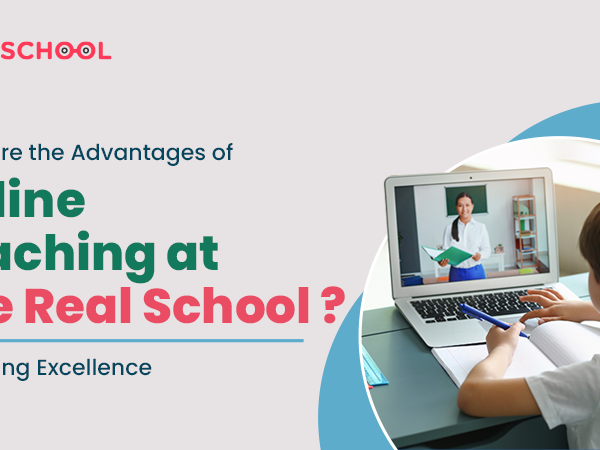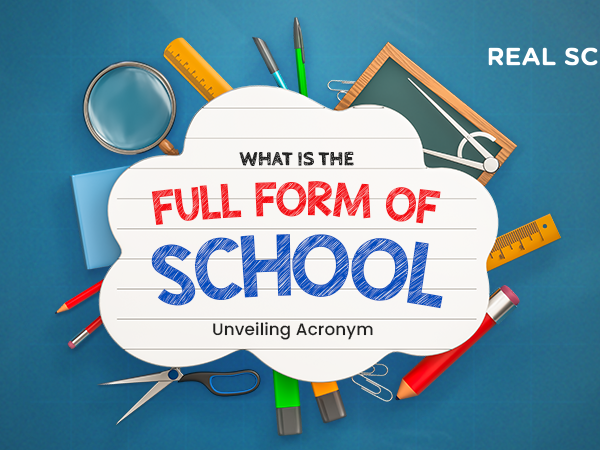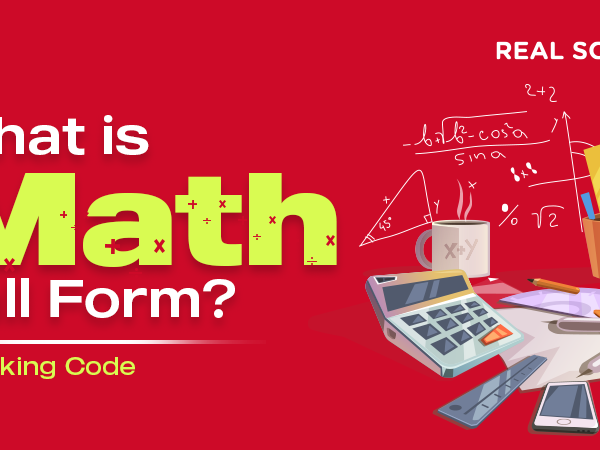Every child should learn that education can be just as enjoyable as playing. So, how would you accomplish the inconceivable? Pleasant educational programmes for kids provide plenty of learning while also offering a healthy dose of fun. That is why they are referred to as educational content. The educational activities will carry your kid from preschool to elementary school and inculcate a lasting love of learning in him or her.
There are several educational programmes available for children of all ages. You can select from a range of educational events depending on age, level of ability, and interest. There will always be something for everyone, whether it is reading programs or art and craft projects. These educational programmes have many benefits, ranging from being a fun way to spend time to being helpful in developing new skills and honing existing ones.
Explore more about activity-based learning in this article to help your kids take interest in learning.
Learning courses for your kids! Get free trial here
What is Activities Based Learning for Kids?
ABL, or activity-based learning for kids, refers to a variety of pedagogical teaching approaches. The central tenets include the necessity that learning is based on hands-on activities and experiments. The principle of activity-based learning is based on the commonly held belief that children are critical thinkers rather than merely passive of knowledge. When a child is given the ability to experiment on their own and is supported with an ideal learning environment, learning becomes enjoyable and lengthy.
Characteristics of Activity Based Learning
The ABL approach is characterised by the use of child-friendly instructional aids to encourage self-learning and the capacity of a child to research according to his or her intellectual ability and skill. The program is divided into small segments, each of which includes a group of Self Learning Materials (SLM) consisting of attractively crafted study cards for English, Hindi, mathematics, sciences, and sociology. When a student completes a set of cards, he has reached one “great achievement.”

Events, rhymes, painting, and songs are used in each achievement to teach a letter or phrase, shape a sentence, do math and physics, or grasp a concept. After meeting all of the achievements in a subject, the child receives an Exam Card. The achievements are arranged in the shape of a ladder on a standard map, and the kid understands precisely which achievement he achieved in the previous lesson.
Why Activity Based Learning is Important?
It promotes self-sufficiency and inquisitiveness in children. They will begin to be curious, eager to understand how things work, and will hone their analytic abilities. Children become more involved and attentive, which have been the foundations for creating a well-rounded personality in the sector. In any case, India’s nursery program prioritises practical learning over book education.
Social skills are developed by activity-based education. It instils in children confidence, teamwork, and communication skills, as well as teaches them to accept challenges and come up with possible solutions at a young age. Pre-primary school activities that focus on the global community instil in children the ideals of compassion and care.
Also Read:- Best Online Learning Apps for Toddlers: Does Your Phone have these Best Educational Apps?
Activity Based Learning Example: How Activity Based Learning Helps Students?
Happy Mirror
Making the geometric forms of a circle, triangle, and rectangle at home. It aids in the development of perseverance, awareness, and concentration in children aged 4 to 6.
Bingo
Flashcard game for children aged 4 to 6 to promote persistence in the learning and exploration process.
Happy Shapes
This activity helps children ages 4 to 6 build their self esteem and enable them to see, identify, and name a triangle, circle, square, and rectangle through geometric shapes activities.

Happy Wheel
An immersive game for children ages 4 to 6 that teaches agility and sorting by form, colour, and scale.
Numbers and Stars
A game in which other family members may participate, suitable for children aged 4 to 6. They gain stamina and learn the definition of quantity.
The Compass
This game encourages children aged 8 to 10 to use words and phrases, descriptors, sentences, and numbers while also building their self-esteem. Other loved ones can be included in-game as well.
We Mix Colours
This activity for kids aged 4 to 6 involves combining colours to create secondary colours. The game’s goal is to inspire the child to complete the task completely and to build endurance in the learning process and exploration.
My Intriguing Story
This activity is intended for children aged 4 to 6 and consists of making up stories using the narrative character models. The game encourages the child’s creativity by encouraging them to come up with new ideas and solutions.
Fruit Math
The activity is designed for children aged 6 to 8 and helps them to practise measuring and solving math problems. It promotes self-esteem and encourages interest in children.
Also Read: Simple English Words for Daily Use for Kids: List Of Words for Kids to Use Daily
Activities Based Learning in Science for Kids
Chromatography Butterflies
This is such an easy, but surprisingly effective, science experiment! Instead of blending colours, you can separate them. The vibrant results end up being the ideal material for creating some lovely butterflies!
Dancing Raisins
You just need a few kitchen products for this experiment. Lucy and Theo both enjoyed this science show, and it inspired Lucy to develop more of her own ideas to try.
Learning courses for your kids! Get free trial here
How many Paperclips?
This is a simple science experiment for kids to do, and the results are exciting! This science project for kids needs only a couple items that you already have on board.
Exploring Sound by Making a Kazoo
Creating a kazoo is an ideal way to mix learning, craft, and music. The greatest thing is that you are reusing old materials rather than tossing them out.

Baggie and Pencil Magic
As a school teacher, this was one of my favourite science presentations to perform. My children were almost as fascinated by it at home as my students had been.
Colorful Chemical Reactions
Who doesn’t like experimenting with baking soda and vinegar? Lucy had a great time making her own colourful chemical reactions!
Sink or Float
Kids of all ages love to play with sinking and floating. We took this practise outdoors so that we could really enjoy it without being concerned with making a mess.
Birdwatching Printable Book
We are huge fans of birdwatching! Print your own bird watching booklet to keep at home or to carry with you on hikes or road trips to capture all the birds you see!
Conclusion
Since students are interacting with the content rather than merely listening to it, activity learning encourages recall and deeper comprehension of information. It aids in the retention of student attention and the development of higher-level skills such as critical thinking. Learning from a regular school syllabus can be boring for kids at times. Therefore, to make them interested in school learning, we must try to link up activities related to a specific subject. The activities can be games, storytelling or even experiments.
To learn more about child development, check out The Real School Of Montessori website.
Also Read: What is Science for Kids? Exciting Science Activities, Facts & Quiz for Kids







